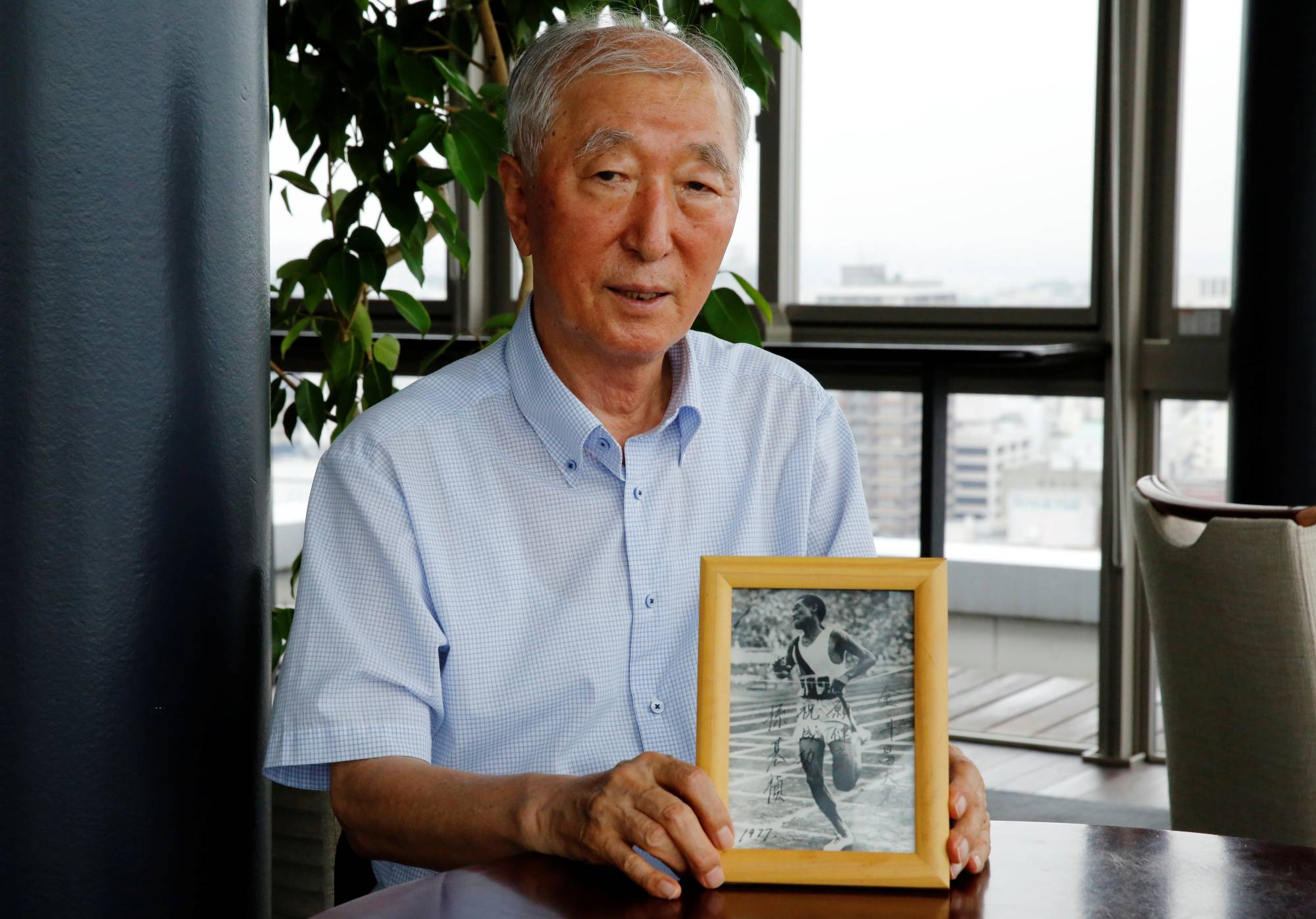Long before American sprinters Tommie Smith and John Carlos made history with their Black Power salute at the 1968 Olympics, another poignant image of silent protest was etched into the conscience of Koreans — and largely forgotten everywhere else.
At the Berlin Olympics in 1936, Korean Sohn Kee-chung stood with his head hung, hiding the Rising Sun flag on his chest with a laurel plant as Japan's national anthem filled the stadium to honor his marathon victory. The moment filled him with "unbearable humiliation," he recounted in his autobiography, and marked the beginning of an anguished chapter in his life.
Worried that his triumph would spark an insurgence among ethnic Koreans, Japan — which ruled Korea from 1910 to 1945 — forbade Sohn from competitive running, kept him under tight surveillance, and even used his celebrated status to recruit young Koreans for its war effort. Sohn called the recruiting the "greatest regret" of his life.

















With your current subscription plan you can comment on stories. However, before writing your first comment, please create a display name in the Profile section of your subscriber account page.